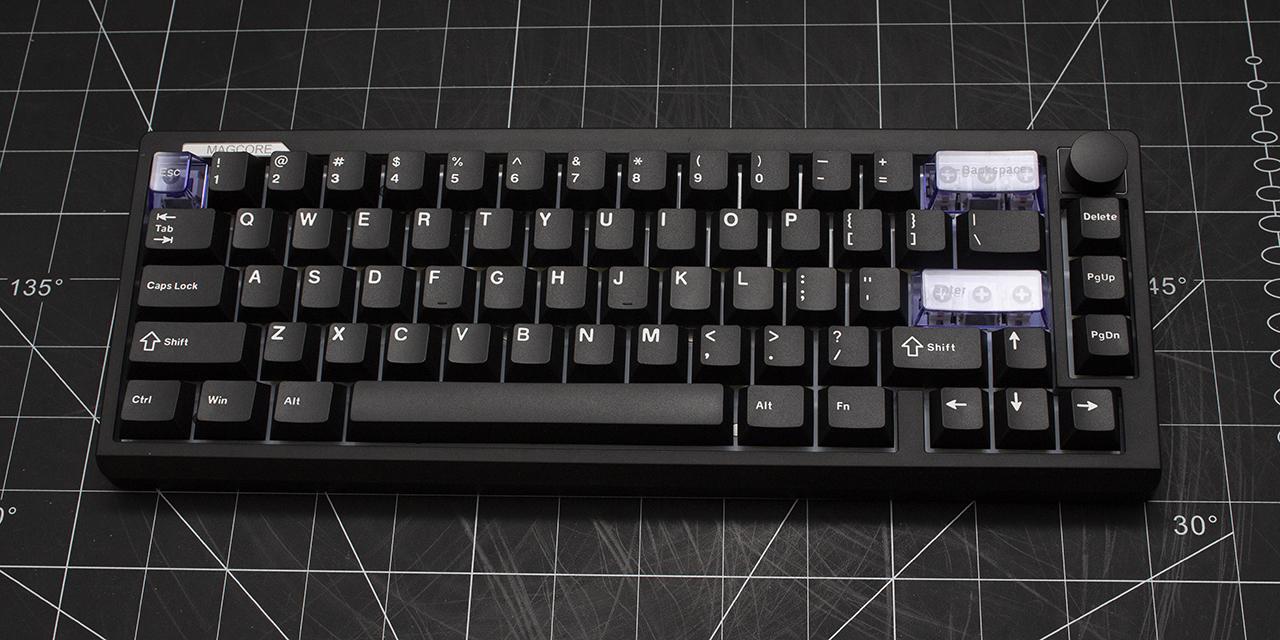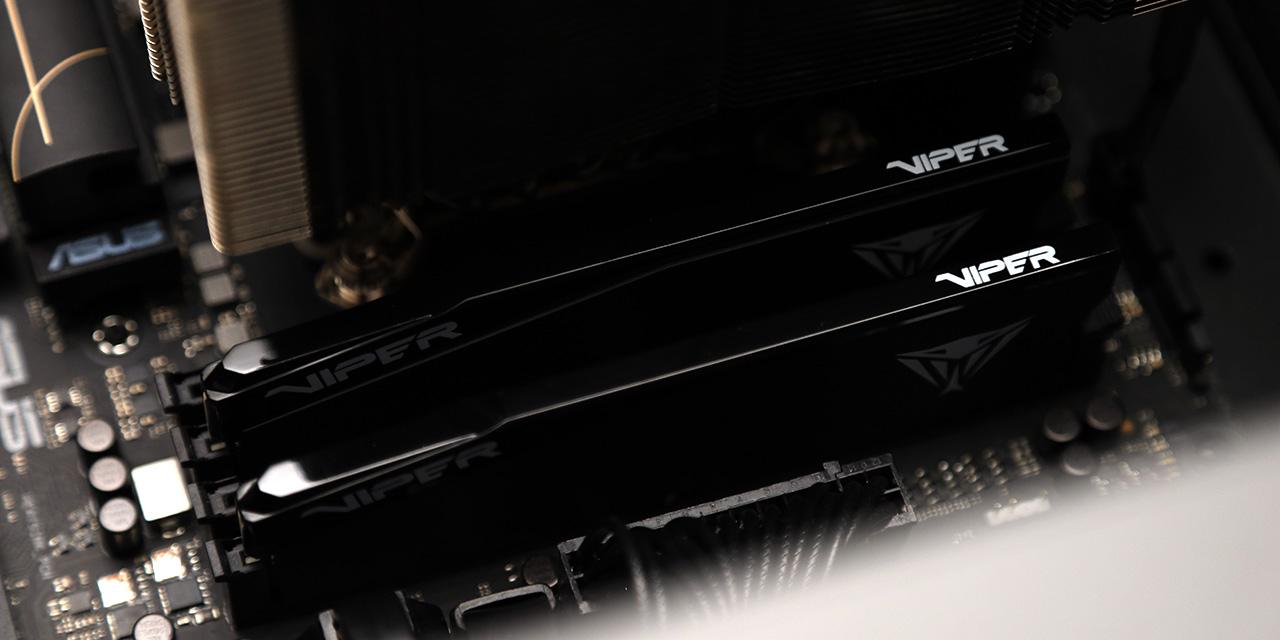From PC World: If you’re lucky enough to have one of AMD’s screaming new X3D CPUs designed from the ground up to boost gaming performance, you might want to check your motherboard’s manufacturer for a new BIOS update. After a few isolated reports of Ryzen 7000X3D chips burning out after just a few weeks, the company seems to be working with AM5 motherboard manufacturers to put new voltage restrictions in place. Better safe than sorry, I suppose.
Over the weekend several reports from Reddit users (collected by Tom’s Hardware) and notable overclocker der8auer indicated that something was amiss with the chips and at least some motherboard models. If you’ve been reading up on the Ryzen X3D chips, which feature extra V-cache accessible to half the processor cores, you know that they don’t allow overclocking via standard software tools. That extra cache apparently makes the chips much more sensitive to temperature variations than normal Ryzen CPUs, so easy overclocking has been disabled as an act of caution. (Not that it stops the more dedicated overclockers, of course.) X3D chips can still get limited bursts of extra speed via Precision Boost Overdrive.
Early this morning an official MSI employee posting on the company’s subreddit announced a series of BIOS updates, sent out for MSI AMD motherboards with X670E, X670-P, B650, and A620 chipsets, which restrict voltage settings to negative offset only. That should make it almost impossible for less technical users to overclock the X3D processors beyond the Precision Boost Overdrive mode, which is getting an enhanced mode with the new changes.
Other manufacturers of AMD-compatible motherboards haven’t released new BIOS updates, but more may follow soon out of an abundance of caution — those X3D chips don’t come cheap. Asus, which has seen a few of the isolated burnout incidents as well, has pulled some of its latest motherboard BIOS updates from its download page, probably in advanced of similar patches.
View: Full Article





